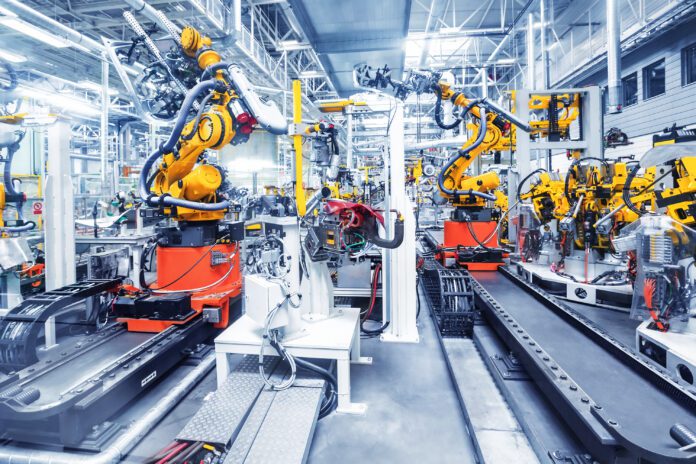
The Australian industry marked its 12th consecutive month in construction territory after seeing a fallback in demand and activity in April.
The Ai Group Australian Industry Index dropped by 14 points to -20.1 points in April, indicating an accelerating decline across the Australian manufacturing and construction industries.
Activity and sales have fallen into contraction as demand is weakening, a pattern now affecting every subsector within industry. Yet price pressures and shortages for supply chains and labour remain acute, trapping industry between supply constraints and falling demand,” said Innes Willox, chief executive of the Ai Group.
The Australian Industry Group’s survey showed that the Australian Manufacturing PMI suffered a 25.8-point decline to a rating of 20.2, while the Australian construction PCI slipped by 6.5 to -12.5 points.
Both manufacturers and constructors reported that slowing new orders in previous months has now begun to drag down activity.
The survey’s employment index fell moderately but remained mildly positive. The indicator exited the contraction territory in November last year when high absenteeism eased during the winter season of 2022.
Supply chain disruptions and labour absenteeism reported an easing in 2023, easing up on the two major constraints on the manufacturing and construction industries since the pandemic.
Meanwhile, respondents indicated that the industry is still facing labour shortages, particularly for skilled roles.
Furthermore, new orders fell by 10.4 points to -30.1 in April, following a 28.1-point fall in the previous month. This position marks the index’s lowest level since the wake of COVID-19 in April and May 2020.
Upstream manufacturing also fell into contraction in April after several months of rally, with the chemicals industry gaining the lowest score of -20.6.
Minerals and metals also fell into mild contraction at -3.3, ending a period of increased activity around the new year.
The downstream manufacturing index, meanwhile, showed a decline in the machinery and equipment sector, which fell into mild contraction in April.
Skilled labour shortages remain acute for machinery manufacturers, while new orders are continuing to decline. Food, beverage and TCFs fell by 34.2 points to deep contraction.




















